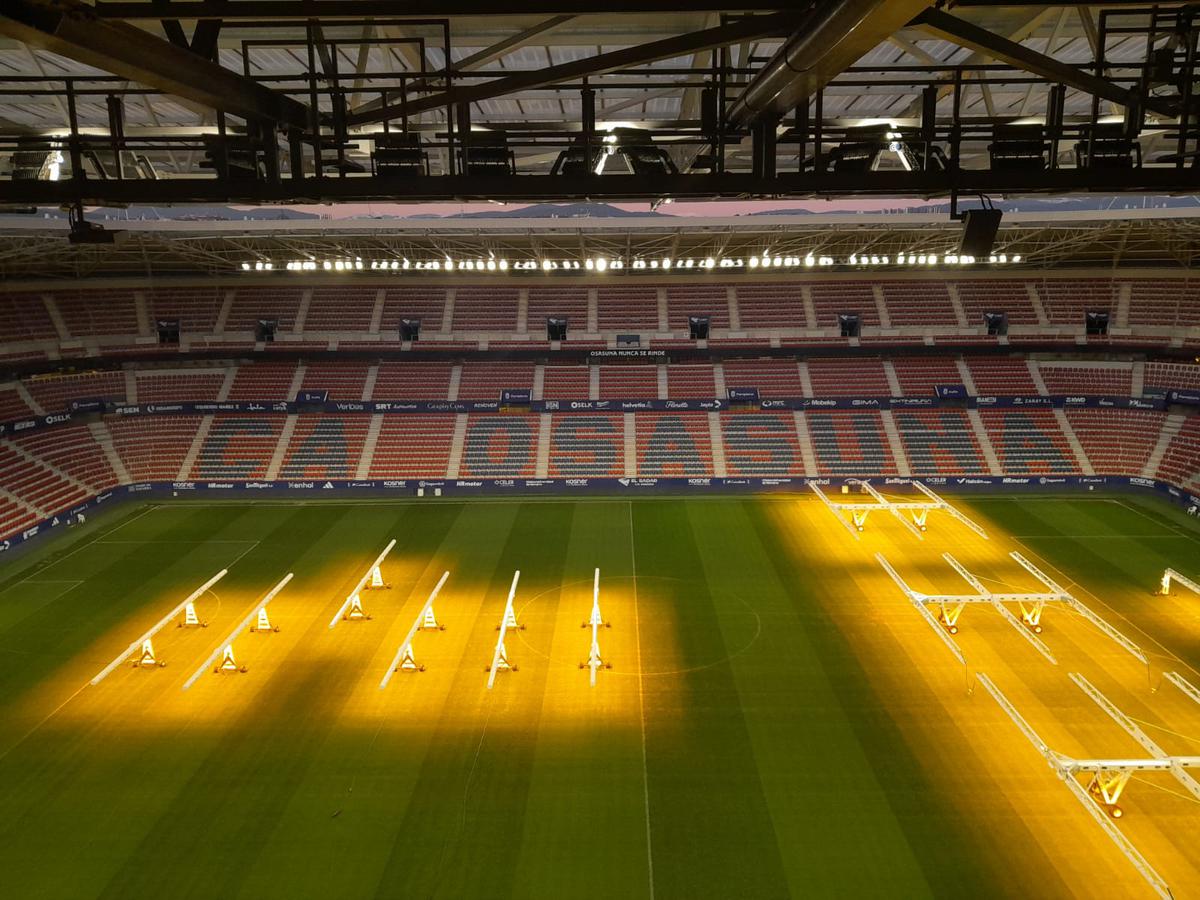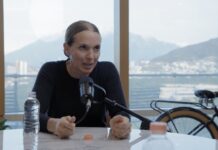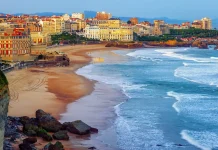A journalist from the Indian weekly sports magazine Sportstar, Abhishet Saini, has recently visited our country, and has managed to write three very interesting articles about Basque soccer which were published in the first two months of this year.
The first is an interview with Andoni Goikoetxea (and we thank them for spelling is name appropriately). The interview is focused on one of the most well-known events that this Basque player was involved in: the injury he caused Maradona at a match between Athletic and Barcelona. The interview is very interesting because it distances him from the image he’s always transmitted with regards to Maradona’s injury (let’s not forget that international media usually call him “The Butcher of Bilbao”).
The second article is dedicated to the passion the Basque teams have for having players from their own country as their foundation. For this, the journalist analyzes two specific cases in Basque soccer: Athletic, who’s only ever had players who grew up in and were “nurtured” in the Basque Country, and Real Sociedad, who, despite having opened up its ranks to non-Basques, still takes special care of its local talent pool.
In this article, the journalist references the local soccer teams in Goa, where they also depended exclusively on local talent until, once it was considered unsustainable, they opened up to players from outside that region of India. It would seem that this decision improved the teams’ performance and ranking. He compares this attitude to Athletic’s. As the Basque club’s vice president comments, “the philosophy is essence. Being unique guarantees our success.”
But there is one niggle. As the article clearly states, the whole of the Land of the Basques is made up of seven provinces. Some of them are administered by Spain, including Alava, Biscay, Gipuzkoa, and (Upper) Navarre, and three by France, Labourd, Lower Navarre, and Soule. But its population is not 2.5 million, but rather 3.2 million inhabitants.
The final article is about Osasuna, the only Basque soccer team with a name that’s actually in Basque, and its permanent struggle to stay in First Division with two major teams like Athletic and Real Sociedad so close, as they’re all drawing from the same talent pool. What is their secret? A strong sentiment, and the fact that they never give up.
Sportstar magazine is part of the Hindu Group Publications group, which includes some of the most important print media outlets in India. The most important in the group is the daily The Hindu, which we’ve cited here on more than one occasion.
Sportstar – 17/1/2024 -India
Beyond the tackle: Goikoetxea’s journey from ‘Butcher of Bilbao’ to Maradona’s admirer
Try eliciting a detailed response on the topic, and Andoni Goikoetxea, with his arms wide open, is prompt in clearing the air – “For me, [Diego] Maradona is the greatest player.” The embracing ear-to-ear grin that accompanies gives no inkling that this is the ‘Butcher from Bilbao’.
(Follow) (Automatic translation)
Sportstar – 4/2/2024 -India
Athletic Club is Basque only — for how long?
For a greater part of its history, Athletic Club, based in Bilbao, has been a notable contender challenging the dominance of Real Madrid and Barcelona in Spanish football. Boasting 35 titles, it stands as the third-most successful club in Spain. However, only two of these honours have been secured since the beginning of the 21st century.
(Follow) (Automatic translation)
Sportstar – 5/2/2024 -India
‘Sentiment’ and ‘never give up attitude’ the pillars behind Osasuna’s recent success, says club vice-president
What holds Osasuna together despite its modest means and the overarching presence of Basque giants Athletic Club and Real Sociedad in Navarre, the region Osasuna is based in, is, “sentiment, sentiment, and more sentimen,” says the club’s vice president, Jose Manuel Piquer Martin-Portugues,
(Follow) (Automatic translation)
Last Updated on May 17, 2024 by About Basque Country





